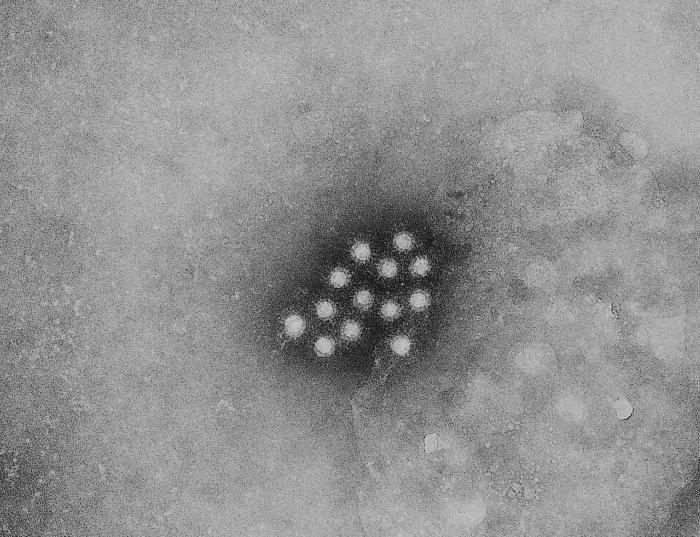In a follow-up to the hepatitis A outbreak in Portugal, the Director General of Health reported the case tally has grown to 138 since the beginning of the year, according to an MSN Notocias report (computer translated). And the outbreak is considered from from being under control.

Health officials report a great number of cases have been reported at the end of March and the overwhelming majority of the cases in this outbreak are men who have had sex with other men.
According to Diogo Medina, doctor of the Group of Activists in Treatments (GAT) says that Portugal will have 12 thousand vaccines that will have to be carefully administered.
Hepatitis A is an infection of the liver caused by a virus. Spread through the fecal-oral route, individuals primarily contract hepatitis A through direct contact with an infected person; however, individuals can also contract the illness indirectly by ingestion of contaminated food or water. If an infected individual does not properly wash his/her hands after using the washroom, the virus can be transmitted through food and beverages prepared by the infected individual.
Illness can occur within 15 to 50 days after exposure to the virus, but usually does within 28 to 30 days. Individuals can be infectious one to two weeks before symptoms occur until at least one week after the onset of illness.
Symptoms of hepatitis A may include: tiredness; poor appetite; nausea and vomiting; abdominal pain and fever; followed by dark-colored urine, light-colored stools, and yellowing of eyes and skin several days later. Some people, especially young children, may get hepatitis A infection without noticing any symptoms; however, they are still infectious to others.
There is no specific treatment for hepatitis A, but it can be prevented through immunization.
Related:
- San Diego reports big increase in hepatitis A
- Tetanus: Philippines DOH gives Holy Week advice
- Appalachian State University student confirmed with mumps
- Typhoid outbreak plateaus? Family, church releases statement
- Florida: Dead bat found in packaged salad prompts investigation, recall

